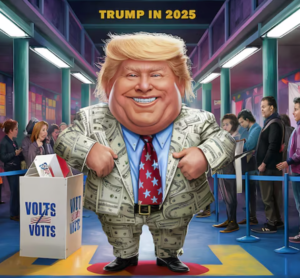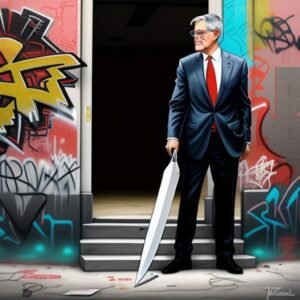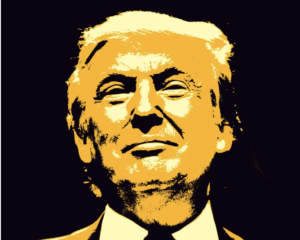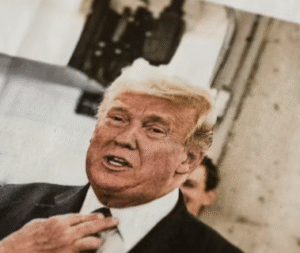#Trump #SecretService #DHS #JosephCuffari #Jan6 #SecurityFailures #Investigation #PoliticalDrama
In the aftermath of the evasive House testimony by former Secret Service Director Kimberly Cheatle and an ambiguous statement from FBI Director Christopher Wray suggesting that Donald Trump might not have been the target of a shooting, the role of Joseph Cuffari, the Trump-appointed inspector general for the Department of Homeland Security (DHS), becomes crucial. Cuffari, tasked with investigating the U.S. Secret Service’s handling of the July 13 shooting attempt on Donald Trump, emerges as a key figure in allaying Republican fears that the Biden administration might not conduct a thorough investigation. His probes are especially significant given allegations of past Secret Service lapses that could have prevented the attempt on Trump’s life, thus spotlighting the broader concerns over security failures surrounding Trump and potentially other high-profile political events.
Cuffari’s position, however, is mired in controversy and challenges, notably from Homeland Security Secretary Alejandro Mayorkas, who is accused of stymieing other internal examinations under Cuffari’s purview. Such internal friction deepens skepticism towards the DHS’s transparency and the Secret Service’s reliability, especially regarding the handling of critical incidents like the Jan. 6 Capitol riot and the more recent shooting attempt. Furthermore, Cuffari’s efforts to cast light on security lapses encounter significant opposition, with top Democrats seeking his removal, signaling a politicized conflict that transcends mere operational scrutiny into broader electoral implications and the safeguarding of democracy.
Complicating the investigation are the alleged deletions of crucial text messages within the Secret Service and a lack of cooperation from DHS officials, casting shadows over the integrity of the federal oversight and the independence of inspector generals. Critics argue that such deletions, alongside repeated denials of requests for additional security at Trump events, indicate intentional obstruction. Moreover, Cuffari’s ongoing strife with oversight bodies raises questions about the efficacy and impartiality of federal watchdog systems. As investigations into both the Jan. 6 and July 13 incidents unfold, the spotlight on Cuffari exemplifies the tangled webs of accountability, security, and political warfare that define contemporary American politics, posing significant questions about the resilience of the country’s democratic institutions against internal vulnerabilities and external threats.







Comments are closed.